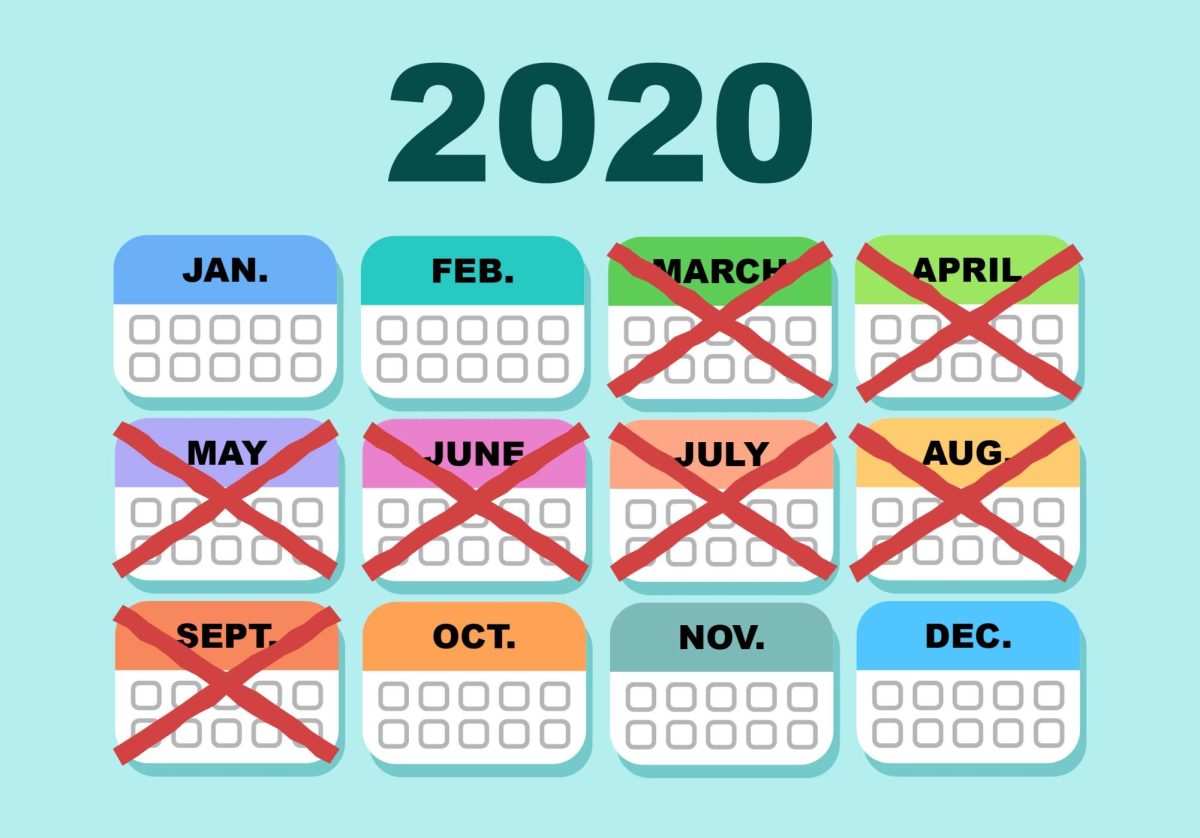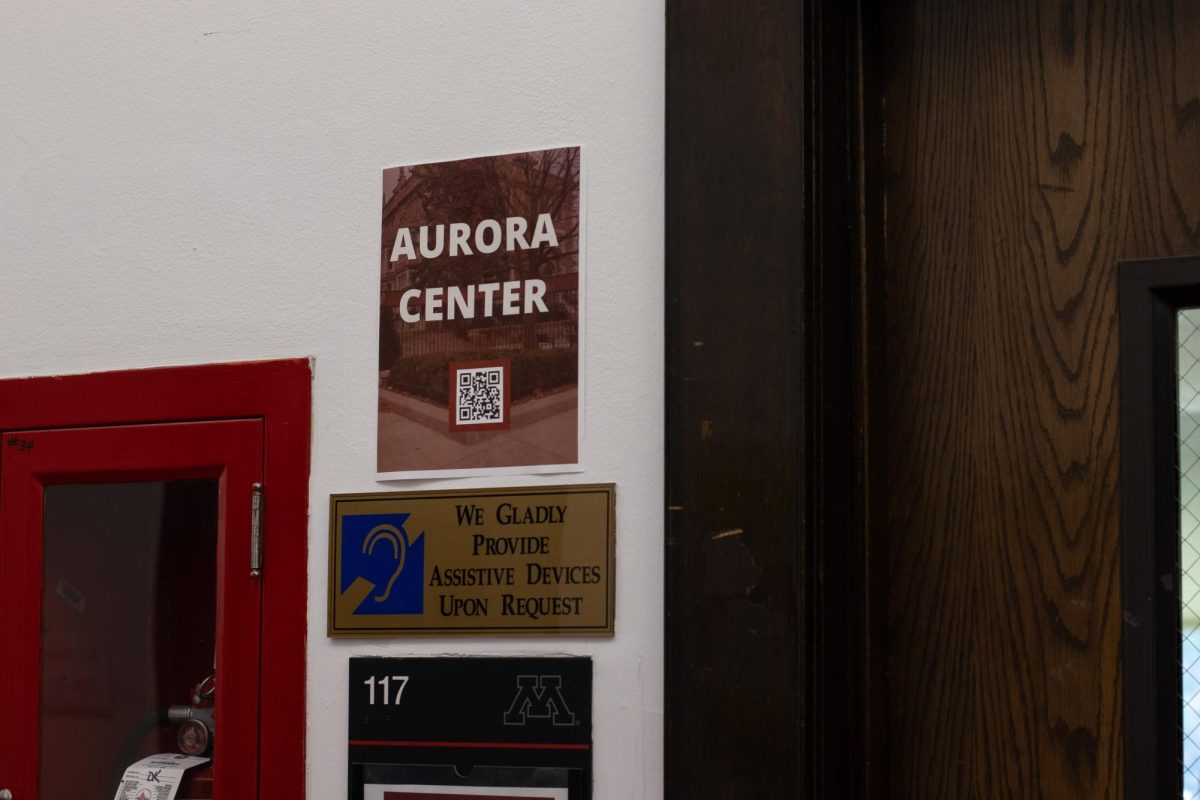Are you looking forward to “Man vs. Beast 2” on Fox tomorrow night? I know I’m counting the hours.
Is this what our society has come to? Millions enthralled on a nightly basis by humans smothered in rats, Jessica Simpson’s love life and a dating show starring little people?
For those who spend their nights in front of the tube, there are a total of 11 hours of primetime network (ABC, NBC, CBS and Fox) programming to choose from. That comes to 77 hours of broadcast programming per week.
Of those 77 hours this week, more than 17 are devoted to reality TV programs – more than one in five – and this figure does not account for the multiple hours of newsmagazine programs, including the likes of “Dateline NBC” or “60 Minutes,” nor the cable reality programs most of you are likely addicted to – shows such as “Newlyweds,” “Queer Eye for the Straight Guy” and “The Real World.”
Yes, this is a world of reality TV, no question about it, and this trend says more about us than we would like to admit.
Think about most people’s daily schedule. They wake up around 6:30 a.m. or 7 a.m., head to work for eight to 10 hours, get home around 6 p.m. or 7 p.m., and then watch two or three hours of reality TV. It is what they talk about the next day with their co-workers, and what they look forward to week in and week out.
How many of you were dying to see this week’s round of “American Idol,” got caught up on Carmen Electra’s wedding plans on ” ‘Til Death Do Us Part: Carmen & Dave” or held your breath to see who would be the next all-star kicked off “Survivor”? More than I thought. USA Today reported that, according to recent ratings, 11 of the top 20 shows for the 18 to 34 demographic are reality-based.
At one point there were blockbuster sitcoms viewers anticipated and discussed. That water-cooler conversation has been replaced with humorous retellings of “My Big Fat Obnoxious Fiance.”
In itself, there is nothing wrong with reality TV. It is rather our consumption of this format that deserves discussion.
Reality television has led to a rapid erosion of our collective personality. Granted, our culture has always been more driven by the need to consume and conform than by the desire to distinguish ourselves with individual opinions and beliefs. But reality TV has made the situation that much worse.
Why are people no longer talking about their families, politics, current events or art? Why has conversation drifted away from the things that make us unique and toward the happenings on a dating contest or a game show? Do people not realize that in always living others’ lives, they are sacrificing their own?
And far worse, reality TV has made us into a nation of cynical, mean-spirited voyeurs. While we have always enjoyed watching people fall from grace (Martha Stewart), and have always found some perverse pleasure in others’ pain – whether it’s bullfighting, American football or a college hockey fight – we are now rooting for the displeasure of others on a nightly, hourly basis.
We do not watch “Survivor” to see who wins, or “American Idol” in hopes of seeing someone achieve personal perfection. No, we are more fascinated by who will get voted off, how they will react and what pain they will have to endure in the process. No show is more evident of this philosophy than “Fear Factor.”
The good news is that there’s still time to stop: Stop being controlled by what the media shove down our throats; stop
sacrificing our own lives in living those of others. Instead, try to grow as a person every day. Discuss more than what is on television. Enjoy art, read the news or travel. Reach out to your friends and loved ones. Do something you’ve never done before.
Love “Fear Factor”? Learn how to rock climb. Love “American Idol”? Join choir. Love “Celebrity Boxing”? Start your own Ö never mind.
Steven Snyder welcomes feedback at snyd0151@umn.edu







